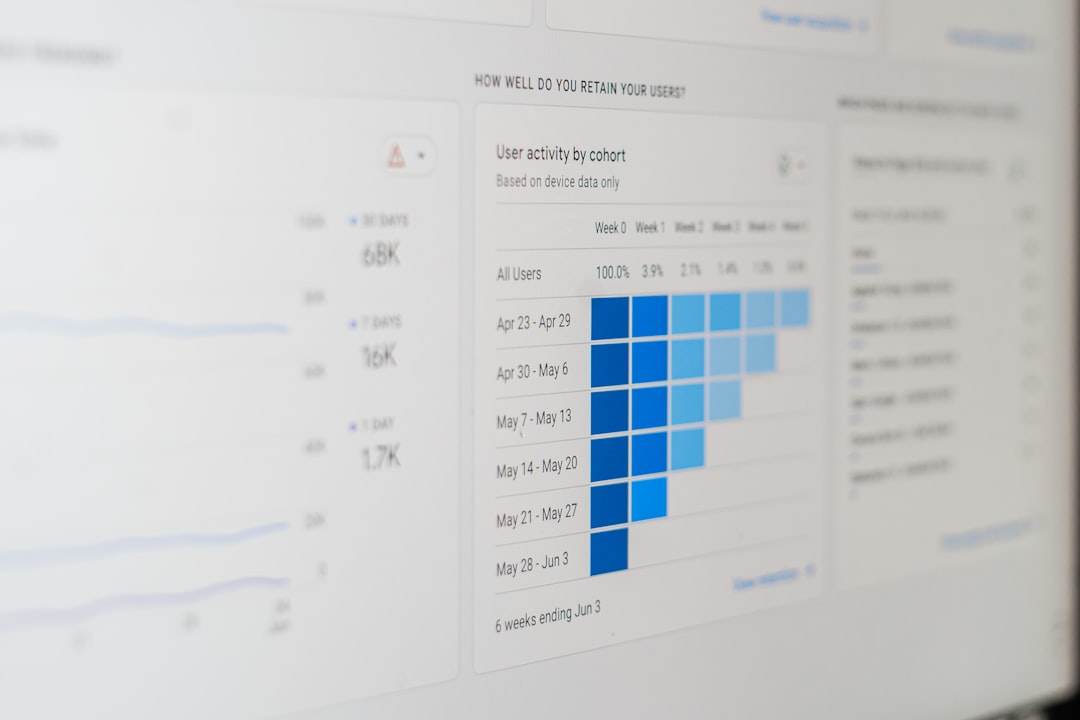As a WordPress web developer, having the right set of tools and plugins, like Bulk WP for handling large-scale content and user management—can make all the difference in the speed, performance, and quality of your projects. Whether you’re building custom themes, optimizing websites for SEO, or ensuring security, the tools you choose can streamline workflows and enhance site functionality. In this article, we will cover the essential tools and plugins every professional WordPress developer should use to stay ahead in the ever-evolving web development environment.
- The Importance of the Right Toolkit
- 1. Development Environment Tools
- 2. Code Editors and IDEs
- 3. Must-Have WordPress Plugins for Developers
- 4. Version Control Systems
- 5. Security and Performance Plugins
- 6. SEO and Analytics Tools
- 7. Custom Fields and Page Builders
- 8. Testing and Staging Tools
- 9. Plugin Development and Customization Tools
- 10. Accessibility and UX Testing Tools
- Closing Thoughts
The Importance of the Right Toolkit
Many developers underestimate how much time and effort can be saved by utilizing the appropriate tools. Besides improving productivity, these tools help maintain code integrity, enforce best practices, and provide vital analytics. Investing time in setting up your development environment with the right plugins and utilities is a strategic step toward long-term success.
1. Development Environment Tools
Before installing any plugin or writing a line of code, you’ll need a solid development environment. A robust local development setup provides a safe space for testing changes before deploying them live.
- Local by Flywheel – A powerful, user-friendly local development environment tailored for WordPress.
- DevKinsta – Offered by Kinsta, DevKinsta allows for simple local WordPress development with email testing and database management.
- XAMPP or MAMP – Traditional local servers that simulate your production environment for hands-on development.
These tools help you cut down on live debugging and reduce the risk of impacting users with errors.
2. Code Editors and IDEs
Using a modern code editor or IDE boosts efficiency by offering intelligent code completion, project management tools, and debugging features.
- Visual Studio Code – Lightweight but feature-rich, with support for PHP, HTML, CSS, and JavaScript.
- PHPStorm – A professional IDE with WordPress-specific support, making it ideal for large-scale projects.
Both come with plugin ecosystems that can supercharge development with linting, version control, and formatting extensions.
3. Must-Have WordPress Plugins for Developers
Plugins aren’t just for site owners. Developers can immensely benefit from using the following WordPress plugins during development and testing phases:
- Query Monitor – Debug database queries, PHP errors, hooks, and more in real-time. A vital diagnostic tool.
- Debug Bar – Adds a debug menu to your admin bar, offering insights into PHP errors, cache operations, and more.
- User Switching – Easily switch between user accounts for permission testing, a major timesaver during security audits.

4. Version Control Systems
Any serious developer must use version control to track changes, collaborate with teams, and maintain code history. Nothing beats Git for this purpose.
- Git – The foundational distributed tool to manage source code.
- GitHub or GitLab – Remote repositories that enhance collaboration and include continuous integration tools.
Tip: Integrate Git with your local development environment to streamline how you push updates and track progress across projects.
5. Security and Performance Plugins
Security and performance should never be an afterthought. These plugins ensure your websites are safe, optimized, and fast-loading.
- Wordfence Security – Firewall and malware scanning that’s trusted by millions.
- WP Rocket – A premium performance enhancer that offers caching, minification, and lazy loading.
- Smush – For automatic image optimization to keep load times low.
Investing in quality security and performance plugins not only protects data but also improves user experience and SEO rankings.
6. SEO and Analytics Tools
Even during development, planning for SEO and analytics implementation can save time later. The following plugins give you deeper visibility:
- Yoast SEO – Helps structure on-page SEO with real-time advice and readability checks.
- Rank Math – A strong alternative to Yoast with a lightweight and feature-rich interface.
- MonsterInsights – Google Analytics simplified for WordPress, offering granular control over what data is tracked.

Remember that every site you develop should lay a foundation for visibility and performance from Day 1.
7. Custom Fields and Page Builders
For developers working on complex websites, the ability to define custom fields or create modular layouts without clutter is invaluable.
- Advanced Custom Fields (ACF) – Add and manage custom fields with ease; perfect for custom post types and flexible content design.
- Meta Box – Similar to ACF but offers more granular control and premium add-ons.
- Elementor (Pro) – Although page builders may not be a favorite among purists, Elementor enables developers to offer clients limited editing control while retaining backend security.
Pairing ACF with Gutenberg or Elementor lets you deliver structured dynamic content without cluttering the WordPress dashboard for clients.
8. Testing and Staging Tools
Every change should be tested before going live. Testing tools can simulate environments and prevent embarrassing bugs from making it to production.
- WP Staging – Push or pull your staging site easily, creating a copy of your live site for testing upgrades or new features.
- BrowserStack – Test your site across browsers and devices without owning them physically.
- BackWPup – Backup workflows can double as staging checkpoints, allowing rollbacks when necessary.
Consistency in version control and scheduled backups is an often-overlooked aspect of quality development.
9. Plugin Development and Customization Tools
If you’re writing your own plugins or modifying existing ones, there are tools specifically geared toward plugin developers:
- Plugin Boilerplate Generator – Saves time by scaffolding the base structure of a new plugin with best practices.
- WP CLI – WordPress Command Line Interface speeds up routine tasks like creating posts, installing plugins, and controlling the database.
These tools enrich the consistency and maintainability of your codebase, which is especially important when developing at scale.
10. Accessibility and UX Testing Tools
Accessibility isn’t optional anymore. Ensuring your sites are usable by people with disabilities is both a moral and legal best practice.
- axe DevTools – Available as a browser extension to detect accessibility issues in real-time.
- Wave Accessibility Tool – Offers visual feedback on how accessible your pages are and what can be improved.

Integrating accessibility into your development process from Day 1 ensures compliance with WCAG and better overall user experience.
Closing Thoughts
Professional WordPress development involves much more than writing PHP or installing themes. It requires diligence, the right toolkit, and a proactive approach towards testing and optimization. By incorporating the tools and plugins mentioned above into your workflow, you’ll not only improve the quality of your work but also build faster, more secure, and scalable WordPress websites.
Ultimately, your toolkit should evolve along with your skills and project requirements—but the principles of efficiency, security, testing, and usability remain timeless.



Leave a Reply